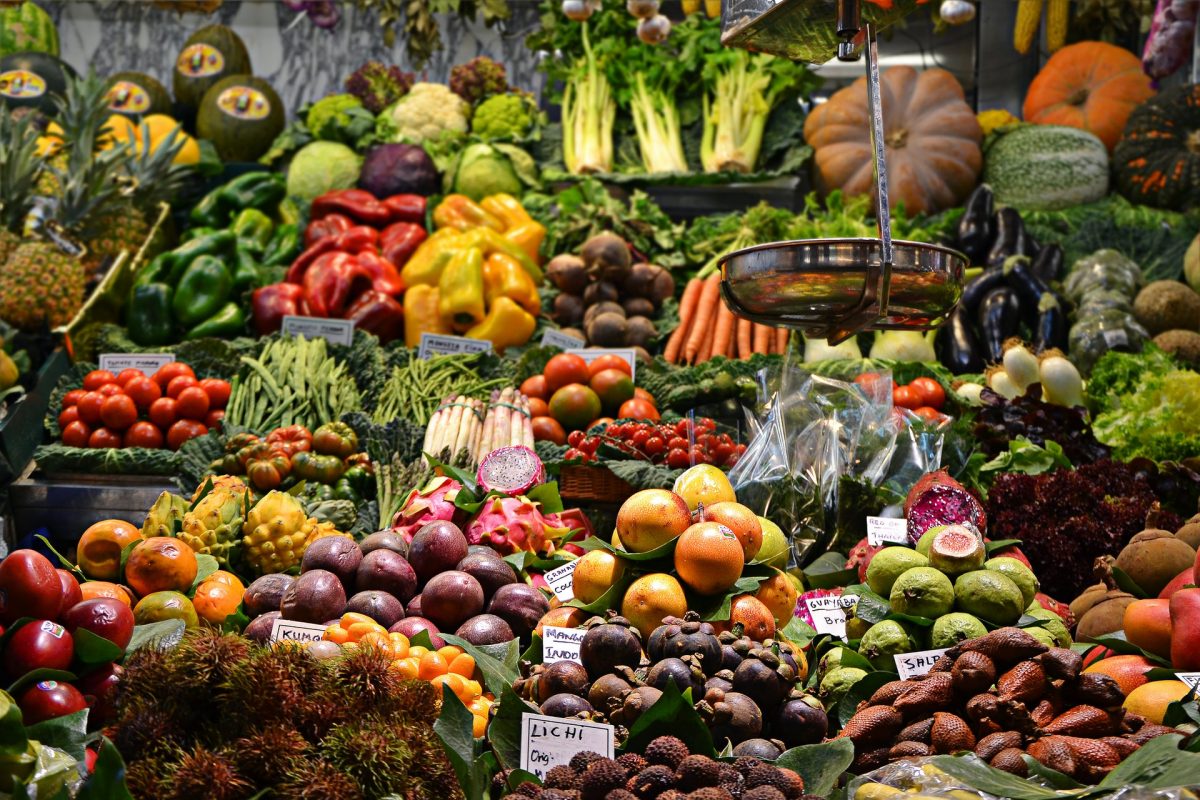Whether you have a commercial property or a private home, disposing of your food waste correctly and efficiently can help reduce your impact on the environment and can reduce the amount of waste you produce. Knowing where to put your food waste and how to correctly process it can be a confusing task, however, we have some advice for you about what to do with your food waste and how you can reduce your impact on the environment.
Why Not Just Throw It In The Trash
Emissions from our food system contribute 25% of all greenhouse gas emissions, with food waste ending up in landfills producing methane gas, an extremely potent climate-changing compound. We should all take into consideration what food we throw in the trash, and make the effort to reduce our waste as much as possible, but for the waste we must throw away, what can you do with it to prevent it from ending up in a landfill?
What Does Your Council Provide
Most councils now provide recycling options for your food waste, these can be for indoors or for outdoor use. You can use biodegradable bin bags to collect your waste and remember what items are not suitable for recycling. You should avoid putting liquid food waste into your recycling and separate oil and liquid fat to be disposed of in another manner. You must also separate all packaging, clean and process that for recycling separately. Find out what your council can do so your household can efficiently recycle food waste.
Commercial Properties.
If you are running a commercial property that deals with food, you may have to dispose of large quantities of food waste. You may consider commercial-size wheelie bins or renting a skip bin to store your waste for collection. You may want to make arrangements with your nearest composting plant so they can receive the large volumes of food waste you need to dispose of and if they have any preferences as to what waste to deliver.
Compositing
Composting is a beneficial way to dispose of your food waste and to produce a product that can further reduce your impact on the environment. If you send your food to a local or composting plant or make a composting set up at home, the compost you help produce can be used as an organic fertilizer, reducing the need for commercial, chemical fertilizers that harm our environment. The composting procedure also reduces the amount of methane produced by your food waste and you can even use your compost on your plants on your property.
Final Thought
It is all of our responsibility to take care of our planet and its environment. food waste has been a massive contributor to the current state of the planet and we must take steps to reverse the damage we have caused over the last century. We should work with local authorities to make sure your food waste is correctly collected and you, your family or your staff should do their utmost to reduce their waste and produce more compost. We hope this guide has helped you decide where and how to dispose of your food waste.




